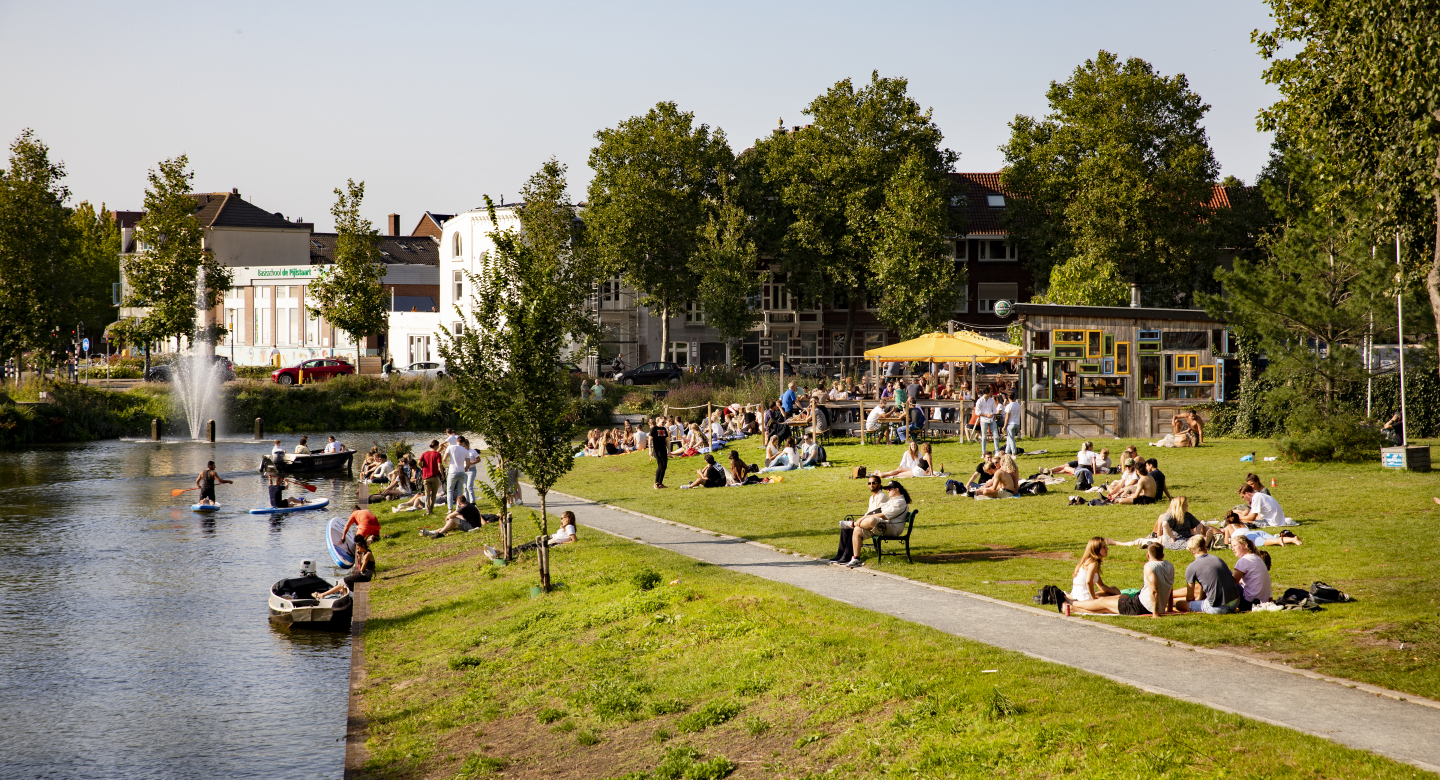

Rising stay rates among international graduates: a boost for the economy
The Netherlands has long been a hub for international education, attracting ambitious students from around the world. Recent research shows that more of these graduates are choosing to stay in the country after completing their studies, a trend with significant implications for the Dutch labour market.
According to a study by Nuffic, "Stay Rate and Labour Market Position of International Graduates 2013–2022", 25.3% of international graduates are still living in the Netherlands five years after finishing their studies. This represents an increase from 24.1% in 2022, highlighting a steady rise in long-term retention of foreign talent.
The data also reveal that recent graduates are more likely to stay than earlier cohorts. For example, 57% of students who completed their studies in 2023 were still living in the Netherlands one year later, compared to only 40% of those graduating in 2018. Higher stay rates are particularly notable among master’s students who also completed their bachelor’s in the Netherlands, with 30% still residing in the country after five years. These students tend to be more rooted, having built networks and language skills during their studies.
Stay rates also vary by country of origin and field of study. Graduates from Suriname show the highest likelihood of remaining in the Netherlands, while those in Education and Engineering, sectors facing acute labour shortages, are also more likely to stay. This trend benefits the Dutch economy by supplying much-needed skills in key sectors.
Staying in the Netherlands pays off
Eighty per cent of international graduates living in the country five years post-graduation have paid employment, and many earn high incomes. International graduates are even more likely than Dutch graduates to earn over €65,000 annually, emphasising the value they bring to the workforce.
Researcher Ece Arat from Nuffic notes, "International students are ambitious, internationally minded young people who have shown courage and perseverance. A higher stay rate contributes positively to our economy, especially given the acute shortages of highly skilled staff."
As the Netherlands continues to attract global talent, understanding stay rates helps universities, employers and policymakers support graduates in their transition to the workforce, ensuring the country remains competitive on the international stage. With more international graduates choosing to build their careers in the Netherlands, the future looks brighter than ever, combining fresh talent, innovation and global perspectives.
Image credits: Iris van den Broek





